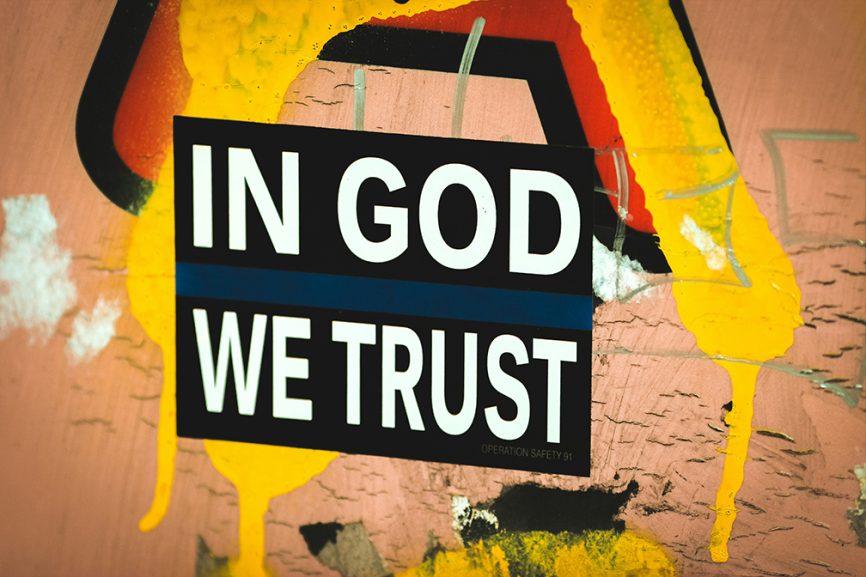By Rev. Cameron Trimble
This past week, a significant shift took place in the relationship between religious communities and the federal government.
My friend and colleague, Heather Kimmel, General Counsel of the United Church of Christ, issued a statement warning churches to carefully review the new terms and conditions now tied to federal grants—including those from FEMA, HHS, and the Nonprofit Security Grant Program. Among the new requirements are prohibitions against Diversity, Equity, and Inclusion (DEI) programming, mandatory cooperation with immigration enforcement, and restrictions on participating in certain forms of boycott. In short: accepting federal funding may now carry restrictions that compromise your congregation’s commitments, conscience, and calling.
This is not just an administrative change. It is a moment that demands spiritual discernment and theological clarity.
At Convergence, we are deeply concerned about the implications. These new grant conditions represent more than bureaucracy—they signal a widening effort by the federal government to use funding as leverage to silence prophetic voices, suppress justice-oriented ministries, and shape religious life in ways that align with political ideology rather than spiritual conviction.
We know that many congregations, across denominations, rely on federal funds to sustain important ministries—supporting community outreach, emergency preparedness, and building security. These are not small grants. They often make the difference between what’s possible and what’s not. But as Kimmel rightly notes, we must ask what it means when funding begins to dictate who we can serve, what we can teach, and how we live out our faith.
This is not a partisan issue. It is a matter of spiritual freedom and integrity.
Many of our denominational partners have long upheld the principle of the separation of church and state—not to protect government from religion, but to protect religious communities from coercive government overreach. And while each congregation must decide for itself whether to pursue public funding, that decision must be made with eyes wide open and hearts firmly rooted in conscience.
Questions for Congregational Discernment
Now is the time for every congregation, no matter its tradition or polity, to pause and ask:
- What are our core values and commitments as a spiritual community?
- How might these new funding requirements challenge or compromise those commitments?
- Who will we no longer be able to serve—or what truths will we no longer be able to speak—if we accept these terms?
- Are there alternative ways to fund the work we are called to do without sacrificing our moral and theological integrity?
- How can we make this a community-wide conversation, not just a decision by leadership?
This is not about fear. It’s about faithful preparation.
We are entering an era when the integrity of our ministries will be tested in new and unfamiliar ways. But this is not the first time people of faith have had to navigate political pressure. We’ve done it before—with courage, creativity, and conviction—and we can do it again.
Let Us Be Clear
The gospel has always called us to stand with the marginalized, to speak truth to power, and to build communities rooted in equity, inclusion, and justice. No grant—however generous—is worth compromising those commitments.
If your congregation is unsure how to navigate these new realities, Convergence is here to help. We offer resources, coaching, and facilitated discernment processes to help your community think through the practical, legal, and spiritual implications of funding decisions.
We believe the Spirit is still at work—guiding, strengthening, and calling us into deeper integrity.
Let’s listen. Let’s discern. And let’s continue the work of building just, faithful, and resilient communities—on our terms, and for the good of all.



Comments
Thank you for posting this! These are difficult times requiring careful and prayerful discernment on the part of both individuals and faith communities.